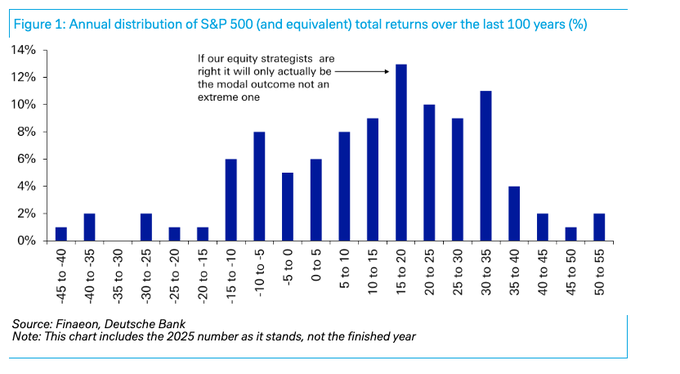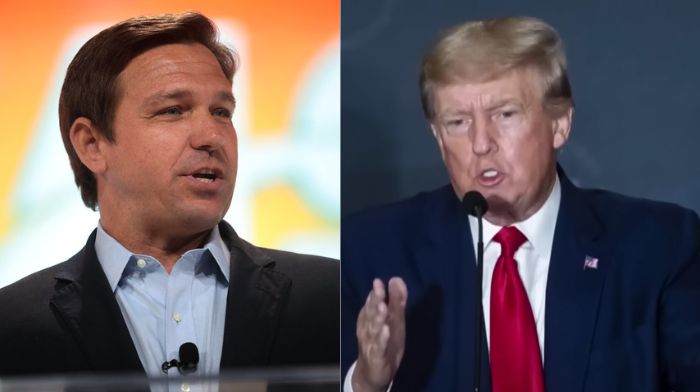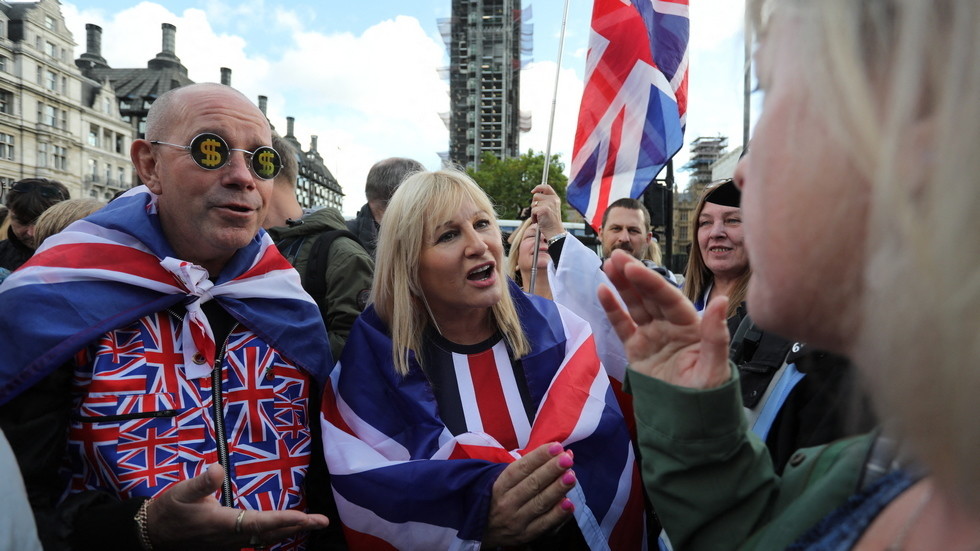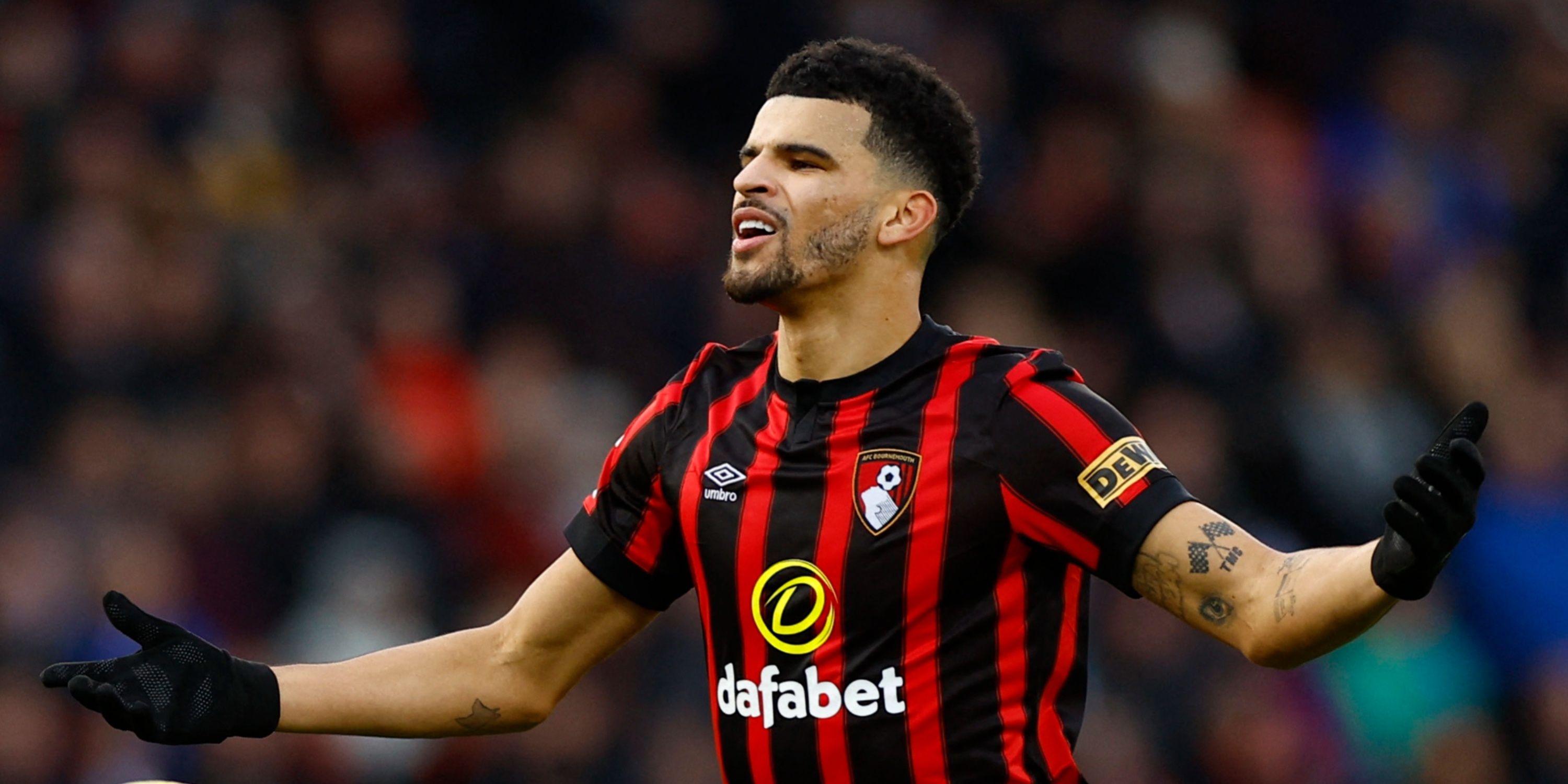In what appears to be a move of desperation, Russian President Vladimir Putin has called up 300,000 reservists to be sent to Ukraine after Kremlin forces have been getting the worst of the war they started. In a break-of-day television address to the Russian people on September 21, Putin announced a call-up of thousands of reservists with military training to augment his troops already in Ukraine. The announcement comes on the heels of Kyiv’s forces’ recent successes in a sustained counteroffensive in eastern Ukraine. Imagine the surprise among the Russian citizens who have been told consistently the motherland’s soldiers were winning handily.
A Fabricated Rationale for Calling Up Reservists
Moscow’s strongman rationalized the call-up, blaming the US and NATO and telling the Russian television audience the action was necessary for the security and sovereignty of the homeland. Once again, using loose and irresponsible rhetoric, Putin warned the West that Russia would “use all means at our disposal to protect Russia and our people.” Playing to his audience, the Kremlin leader accused his western adversaries of causing his actions. “In its aggressive anti-Russian policy, the West has crossed every line. This is not a bluff. And those who try to blackmail us with nuclear weapons should know that the weathervane can turn and point towards them,” Voice of America said.
To create the charade of protecting its sovereignty, the Russian invaders installed Kremlin-puppet leaders in the Ukrainian southeastern regional cities of Kherson and Zaporizhzhia. Additionally, pro-Russian leaders in the Donbas region have said they will hold referenda at the end of September on joining the Russian Federation. Should the vote favor Russia, annexing the territory would be an appealing course of action for Moscow. “Russia’s deputy chairman of the Russian Security Council, Dmitri Medvedev, said Tuesday that annexation of the regions would expand the list of possible military options …” Micaela Burrow wrote for the Daily Caller.
Reaction from western leaders was not long in coming. Within moments of Putin’s statements, UK Defence Secretary Ben Wallace MP tweeted:
“President Putin’s breaking of his own promises not to mobilize parts of his population and the illegal annexation of parts of Ukraine, are an admission that his invasion is failing. He and his defense minister have sent tens of thousands of their own citizens to their deaths, ill equipped and badly led. No amount of threats and propaganda can hide the fact that Ukraine is winning this war, the international community are united and Russia is becoming a global pariah.”
Wallace’s remarks echoed NATO’s thinking on Putin’s rash speech. “The only way to end this war is to prove that President Putin will not win on the battlefield. When he realizes that, he has to sit down and negotiate a reasonable agreement with Ukraine,” NATO Secretary General Jens Stoltenberg told Reuters Editor in Chief Alessandra Galloni. “We will make sure that there is no misunderstanding in Moscow about the seriousness of using nuclear weapons,” was Stoltenberg’s sobering response.
Putin Loses Support at Home

(Photo by Kremlin Press Office / Handout/Anadolu Agency via Getty Images)
Meanwhile, in Russia, if Putin thought his dangerous screed would inspire his people to rally and support the Kremlin’s ill-conceived and poorly executed, unprovoked invasion of Ukraine, he might want to reconsider. Many Russian citizens showed solidarity with Moscow by beating feet out of the country to avoid being swept up in the reserve forces draft. “Flights filled up quickly and the prices of tickets for remaining connections sky-rocketed, apparently driven by fears that Russia’s borders could soon close or of a broader call-up that might send many Russian men of fighting age to the war’s front lines,” the Associated Press reported. Other coverage of the exodus from the Rodina by eligible reserve soldiers describe the atmosphere in Russia as “ablaze with anxiety” and widespread panic as reservist attempt to flee – anywhere not requiring a visa.
The combination of the call-up of reservists and the threat of using nuclear weapons has received a reaction from the international community and the Russian home guard. From Putin’s perspective, the former was predictable – but the fear and, in many cases, terror overcoming the Russian people was undoubtedly unexpected. What was designed to be a motivational, straight-talk appeal to his fellow Russians may have backfired with a vengeance. Losing the support of the citizenry Putin depends on to fill out the military ranks is not a winning play. On the other hand, Ukraine may have a victory on the streets of Moscow.
The views expressed are those of the author and not of any other affiliation.
















